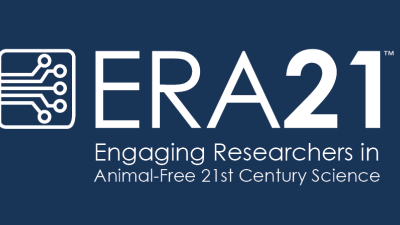Human Stem Cells for Studying PTSD

Study in a Sentence: Researchers are using human induced pluripotent stem cells (hiPSC) to study post-traumatic stress disorder (PTSD), which allows for questions, such as the role of genetics in the development of PTSD, to be investigated more precisely.
Healthy for Humans: PTSD afflicts between 2.6 and 6 percent of the U.S. population each year, while rates among veterans are higher. Only a minority of those who experience a traumatic event will develop PTSD, leading to questions regarding the role of genetics in the disorder. Animal models are unable to provide insight into these questions due to both genetic and behavioral differences between human and nonhuman species. Researchers are now using human skin cells to develop neurons that can be used in experiments to test hypotheses concerning genetic differences, as well as other lines of research in areas of prevention and treatment.
Redefining Research: In this hiPSC model, researchers used skin cells from 49 combat veterans with and without PTSD to develop stem cells that could then be used to create glutamatergic neurons—neurons common in the central nervous system—from each individual. Once these cells were created, they were treated with hydrocortisone, a synthetic version of the body’s primary stress hormone. The “PTSD” neurons showed hypersensitivity to the hydrocortisone, which provides support for an existing hypothesis that patients diagnosed with PTSD may have different blood sensitivity to glucocorticoids such as cortisol. This research provides insight into what is occurring in the brains of people living with PTSD.








